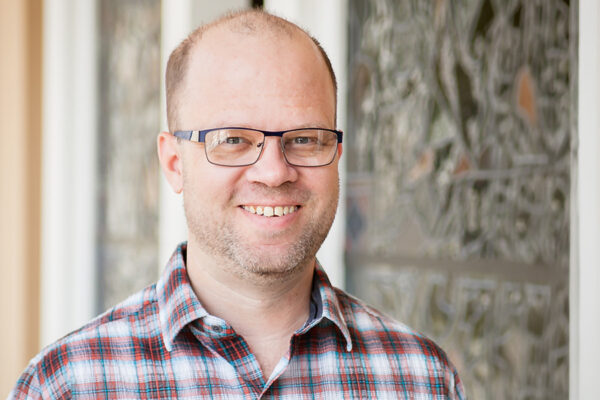America’s big weekend
Who doesn’t like the Fourth of July? Well, dogs clearly don’t. Our soft-coated wheaten terrier, prior to her death last year, used to bark and wail with every firecracker. Her reaction to the vacuum cleaner was warm and cordial, by comparison. No wonder why more pets go missing over the Fourth of July weekend than any other. It’s the noise of bombs bursting in air that sends them scrambling.
Peter Gomes of Harvard University’s Memorial Chapel once quipped about the peculiarity of America’s love for Tschaikovsky’s 1812 Overture. How odd that we would celebrate our independence listening to an overture written to celebrate the Russian victory over the French (our allies), who a generation earlier helped us defeat the British. Said Gomes, “It must just be that we like a lot of noise.”
Noise aside, there is something lovely about the smell of food on a grill, kids scooping up candy from a street parade, and red, white, and blue bunting dangling from front porch pillars. Independence Day in America is the day we don sunscreen and bug spray and check out the outdoors and say hi to our neighbors.
It’s also the day we exercise use of the word patriotism more than usual. However casually, we celebrate the founders of our country, knowing a little, but never too much, about them. We love the Declaration of Independence’s phrase, “unalienable rights,” though we’re quietly puzzled why the founders left women and African slaves outside the fold of those rights.
Those of us who practice a faith appreciate the “fair experiment” of Thomas Jefferson. This was the conscious decision to create a state in which citizens would be free to choose their own religious commitments or elect not to be religious at all. Though the founders could have established a “Christian nation,” or a “Judeo-Christian nation,” they wisely chose otherwise. The experiment has worked in a way we wish would take hold in places like the Middle East.
Christians do not have a monopoly on God. And while Jews and Christians, who share some of the same scriptures, may still constitute a majority of religious people in America, it would be wrong for those of us in these faiths to say it is “our” country.
It has always been important for me to remember that the people of the United States may be, in Lincoln’s words, “almost-chosen people.” But to believe that we are literally chosen would be to move away from an admirable patriotism toward a dangerous nationalism. Let us never be too confident that America’s purposes and God’s purposes are one and the same.
Here the words of William Sloane Coffin are helpful. “There are three kinds of patriots, two bad, one good,” he wrote. “The bad patriots are the uncritical lovers and the loveless critics of their country. The good patriots are those who carry on a lover’s quarrel with their country, a reflection of God’s eternal lover’s quarrel with the entire world.”
So, love America this Fourth of July by not only shielding your dog and hanging out your flag. Love your country with a holy openness that we will keep striving to be as good as our own best values. Love these United States with a vision of compassion that makes room for all people.
And when politicians say, “God Bless America,” smile kindly and say to yourself, “God Bless Everyone (no exceptions).”
Peter W. Marty, senior pastor




